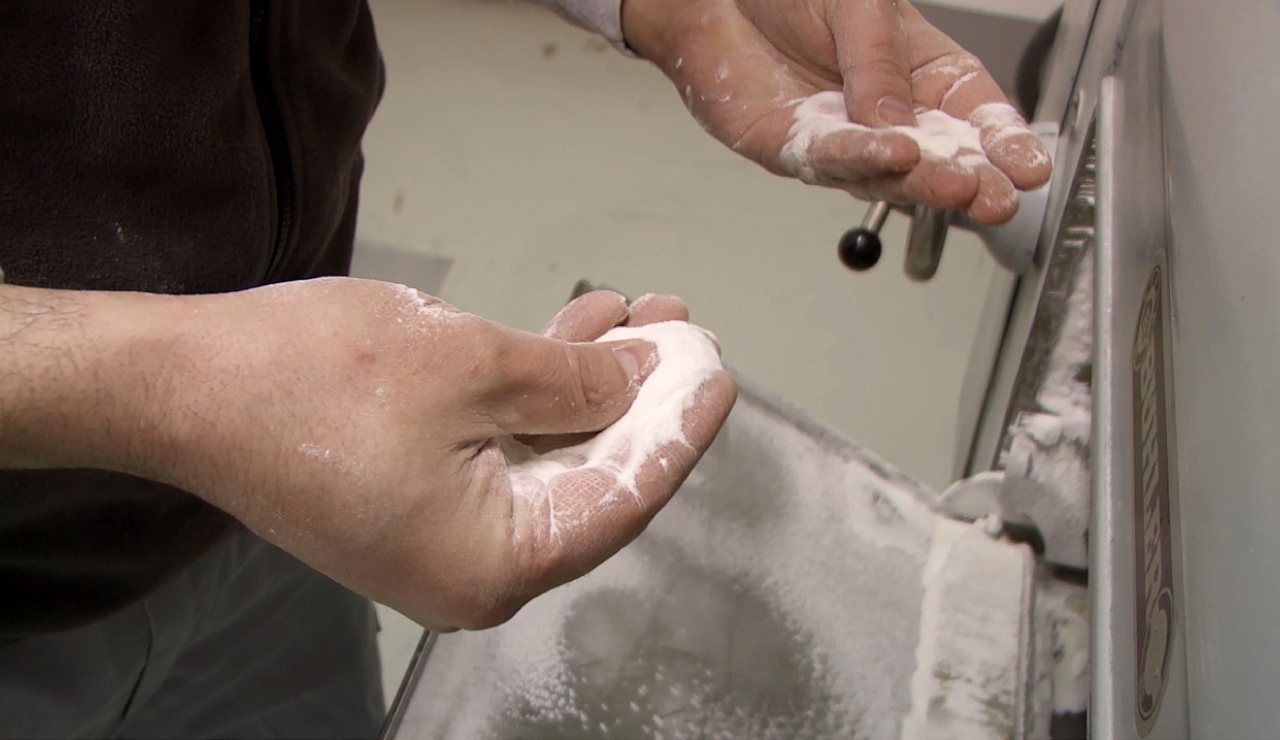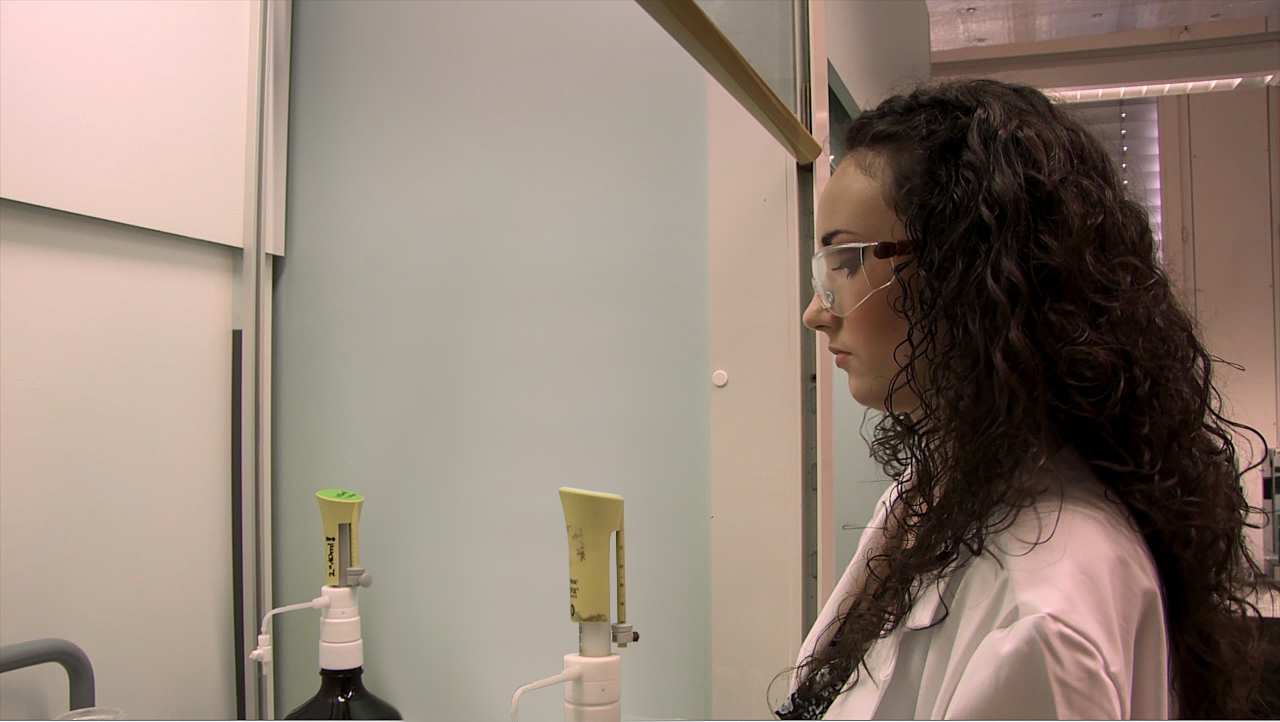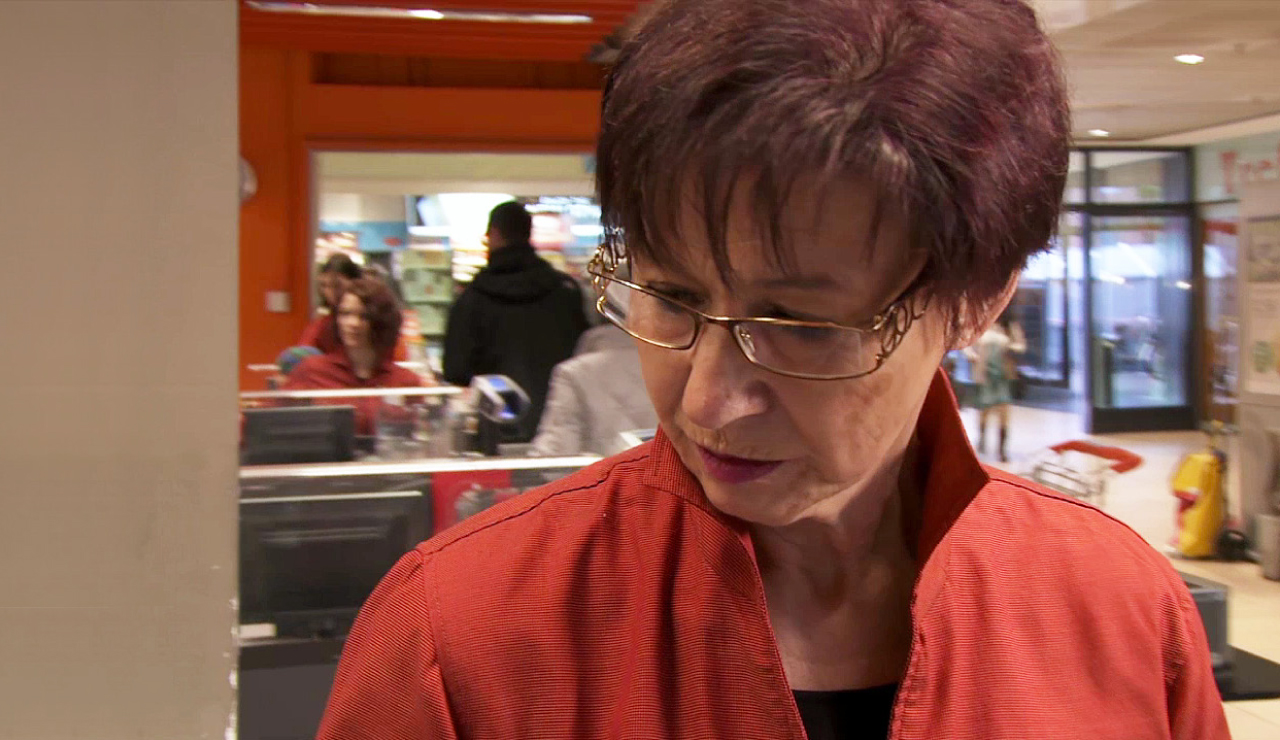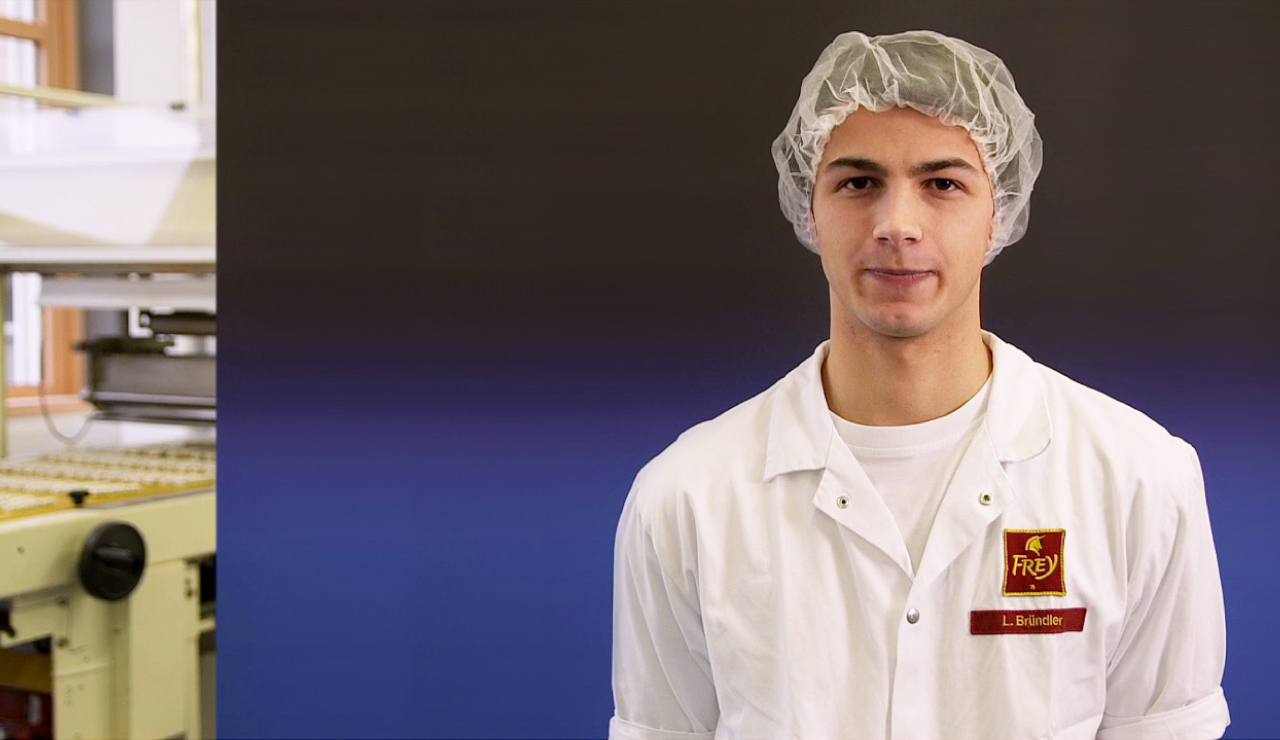Working Hours, Absence and Accidents
Health, workplace quality, job satisfaction and productivity are directly related: healthy, motivated and productive employees generate the most added value. At Migros, work and health go hand in hand, whereby systematic and sustainable occupational health management (OHM) plays a key role.
At Migros, OHM is integrated in the management systems as a strategic element and is part of responsible business management. This is reflected in the figures for 2013: the percentage of hours worked against paid working hours decreased only slightly at about 80.84% (chart 1). At 95.29%, the health rate was slightly down on the previous year (chart 2). The health rate shows the difference between health-related absence and planned working time.
The rate of absence due to accident and illness was 4.16%, slightly worse than the previous year. The rate is slightly higher than the Swiss average, but the weekly length of absence per employee corresponds to the Swiss average (charts 3 and 4). The main reason for this increase is the higher rate of absence due to illness, which rose from 0.07% to 3.45% (chart 5). The non-occupational accident rate (NOA rate) dropped slightly to 0.45%, whereas the occupational accident rate (OA rate incl. occupational illness rate; OI rate) rose slightly from 0.24% in the previous year to 0.26% (fig. 5). These more or less stable rates prove the long-term effectiveness of the occupational health and safety measures.
The accident rates analysed for mid-2008 to 2013 show a trend towards less risk of occupational accidents in the industrial companies. For the Migros cooperatives and the subsidiaries, there were no relevant changes. However, the risk of non-occupational accidents shows a slight upward trend for all companies within the group. The risk of incidence is based on the number of accidents per 1000 employees.
Based on the developments in 2013 and in line with the company mission, Migros performs a number of activities to create health-promoting working conditions. Sick employees are supported and reintegration procedures after long absences are carefully planned. Other activities have a direct impact on the conditions and the conduct of employees at work and make staff more aware of how to behave safely, including in their leisure time.
Reintegration support is also offered to disability pensioners. In 2013 Migros employed around 720 people who receive a disability pension; this corresponds to 0.9% of all Migros staff in Switzerland. In Cooperative Retailing, this figure stands at around 1.1%; however, it should be noted here that the employer is not aware of every incidence of a pension being drawn.











